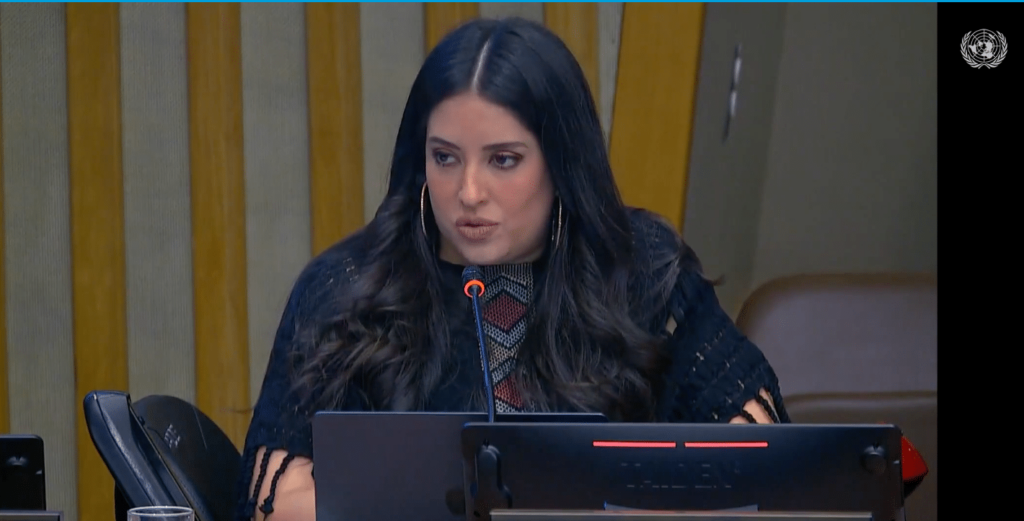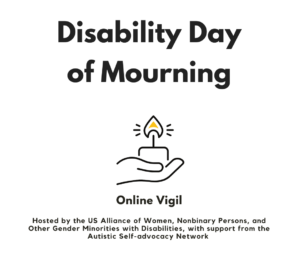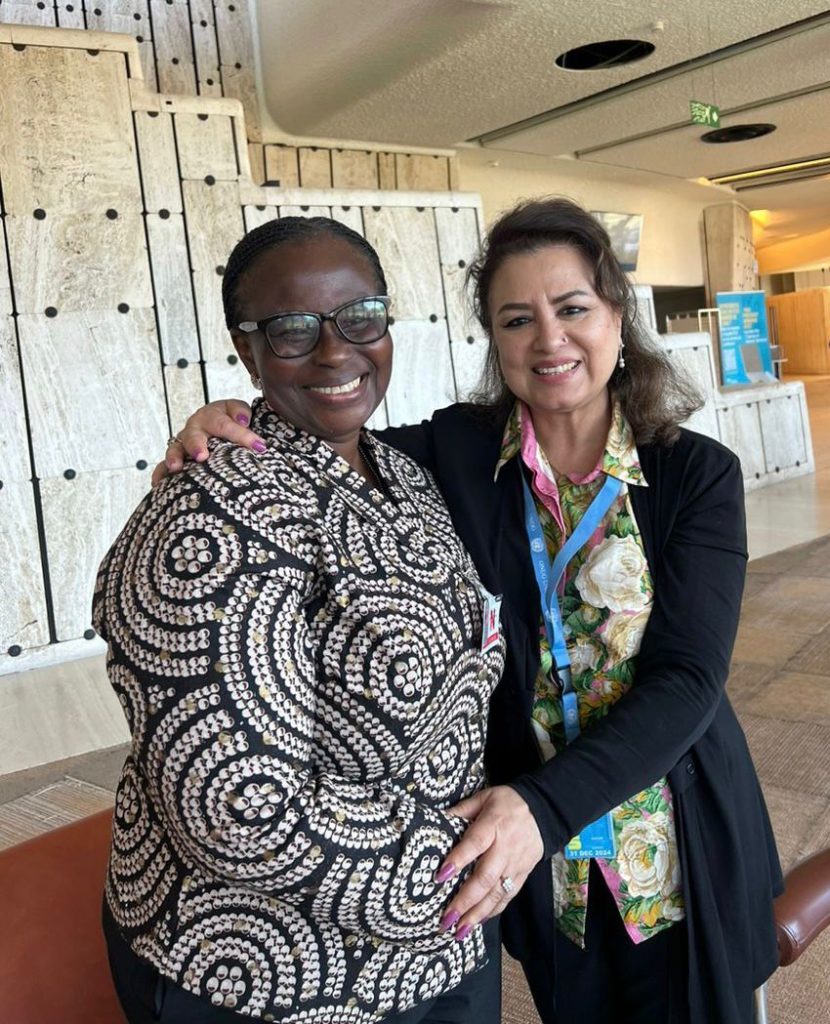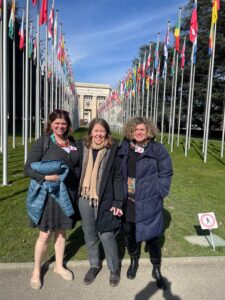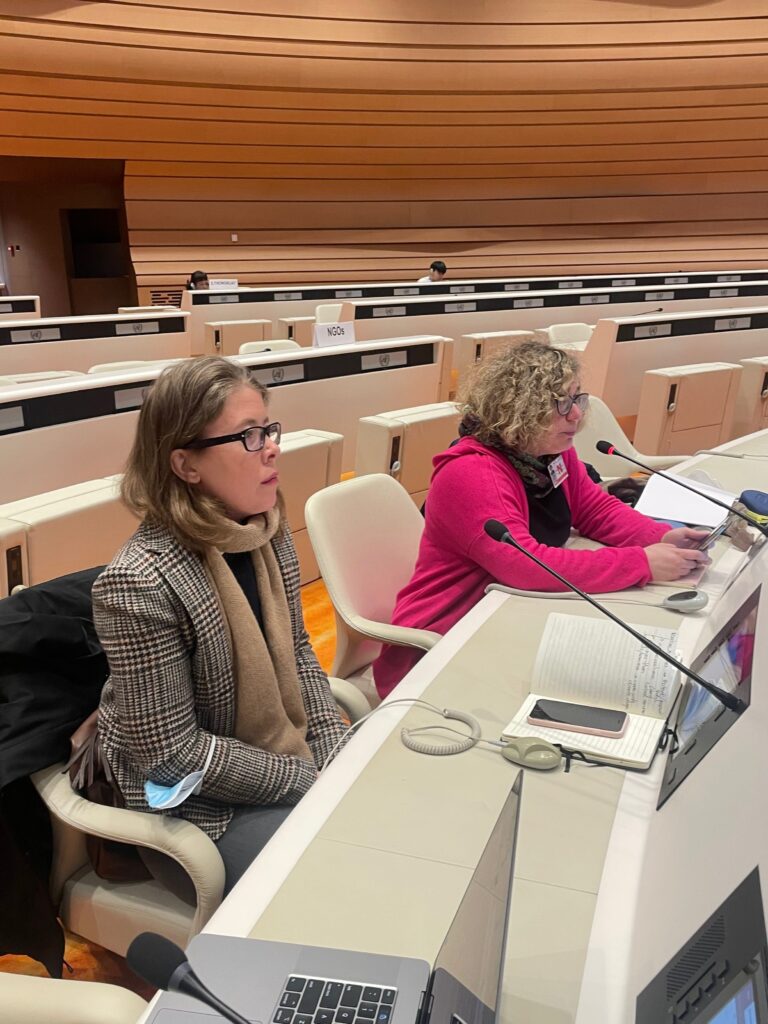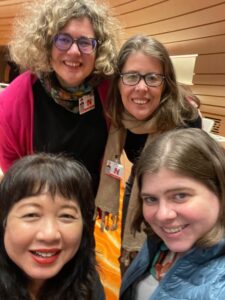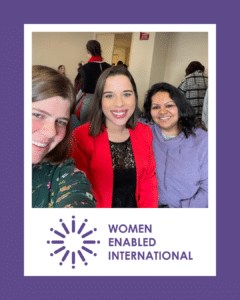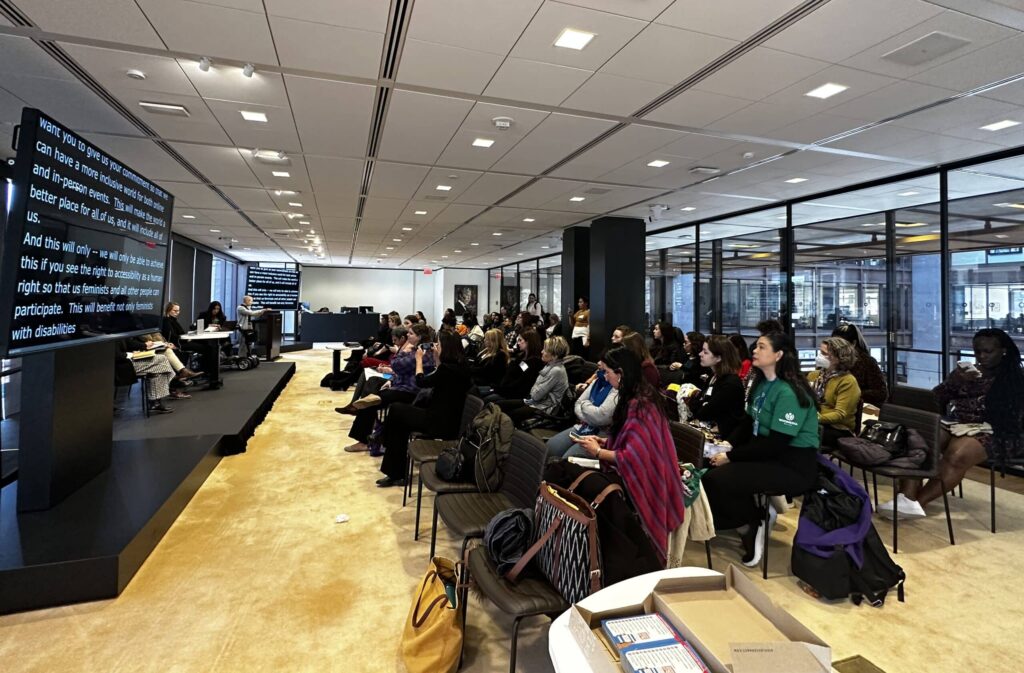Welcome to this special edition of our “Community Corner,” where we shine a spotlight on the inspiring advocates who make our mission possible. Today, we celebrate the voice, leadership, and passion of Shiela May Aggarao, a member of the Inclusive Generation Equality Collective (IGEC). Her fearless advocacy at the Women Deliver conference is an embodiment of the strides we’re making toward an inclusive and just world.
Introducing Shiela May Aggarao
Meet Shiela! Shiela’s journey is one of global and local advocacy, passion, and inclusion. She represents not one but three incredible organizations, all striving for a more accessible and just world.
Women Deliver: A Milestone for Accessibility
The Women Deliver conference marked a significant stride towards accessibility by being the first to sign on to the Feminist Accessibility Protocol. Reflecting our values of inclusion, it set an exemplary standard by committing to creating an accessible environment for all conference attendees.
Shiela’s Purpose at the Conference
Watch as Shiela describes her reasons for attending the conference: to promote the Feminist Accessibility Protocol and to emphasize the importance of intersectionality.
Unraveling the Feminist Accessibility Protocol
The Feminist Accessibility Protocol is not just a framework; it’s a beacon of equality, autonomy, and collaboration:
- Intersectional Understanding: Embraces the diverse experiences of women and gender-diverse people with disabilities, ensuring their active participation in decision-making.
- Promoting Autonomy: Values and supports the autonomy of each individual, acknowledging their unique leadership and perspectives.
- Inclusive Commitment: Addresses various barriers to create a world where everyone has an equal opportunity to thrive.
- Collaborative Growth: Engages all stakeholders in a collective journey towards lasting change.
An Invitation to Act
Shiela invites everyone to be a part of this transformation by signing the Feminist Accessibility Protocol. Her call resonates with urgency and hope, marking a path toward a more inclusive and just world.
Join the Movement
With pioneers like Shiela and Women Deliver, we’re building a world that embraces, includes, and celebrates all.
Discover more and sign on to the Feminist Accessibility Protocol here and be part of this transformation.
Together, we’re not just advocating change; we’re living it. Join us!
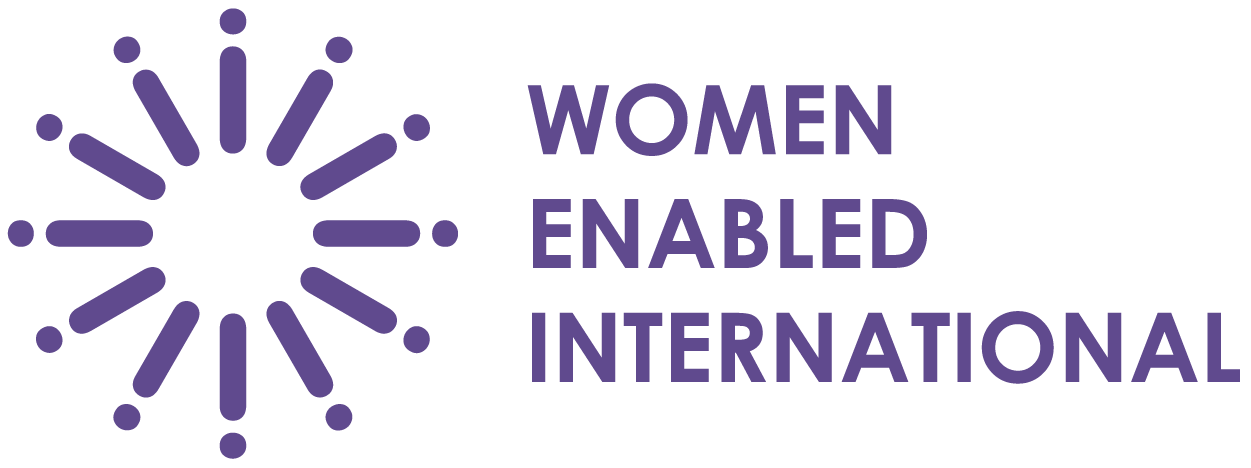
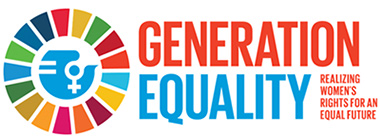 Now as we approach the midpoint of Generation Equality, it is time to reflect both on our progress to date and what more we need to do to ensure that women, girls, and gender-diverse persons with disabilities lead, participate, and are valued in feminist spaces.
Now as we approach the midpoint of Generation Equality, it is time to reflect both on our progress to date and what more we need to do to ensure that women, girls, and gender-diverse persons with disabilities lead, participate, and are valued in feminist spaces.
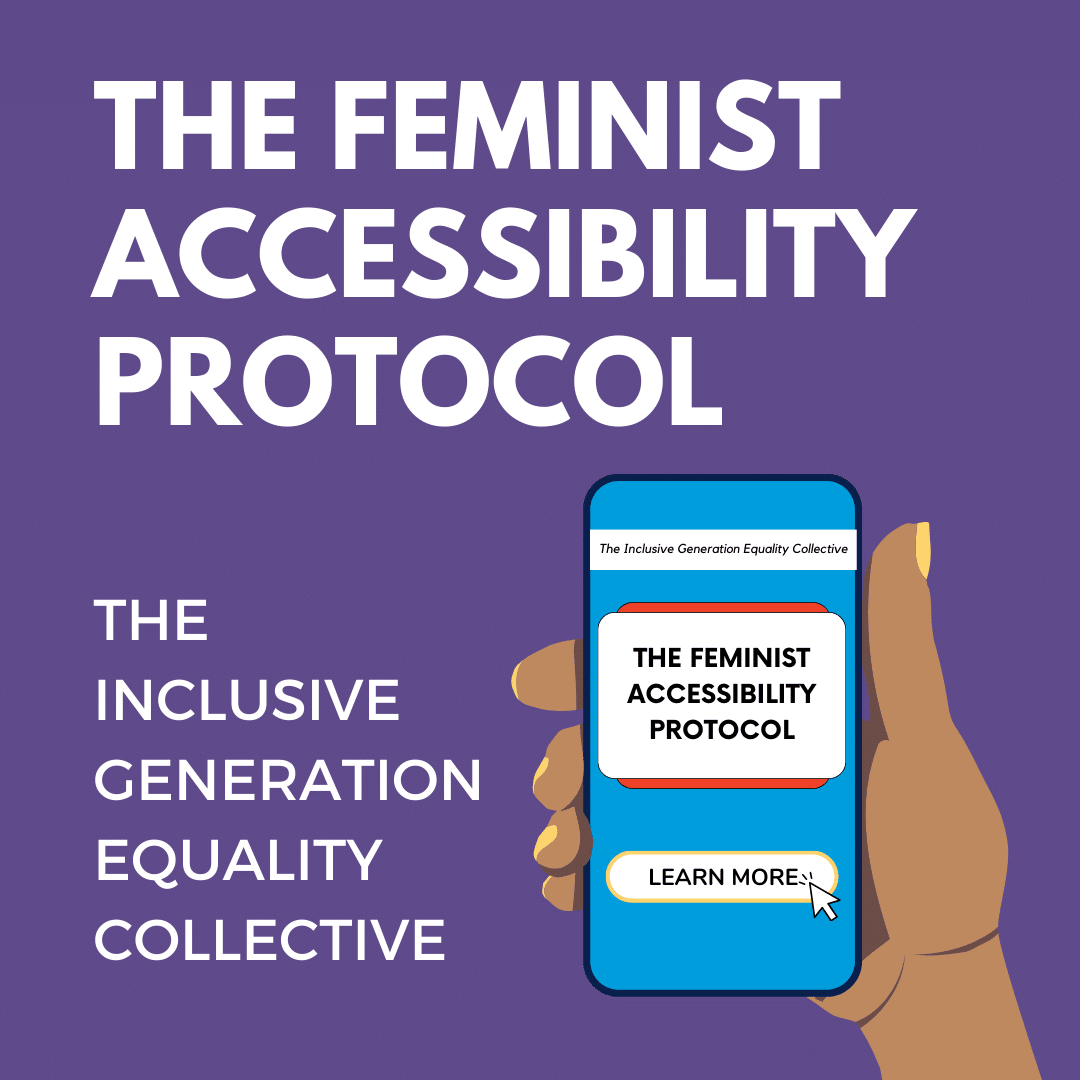
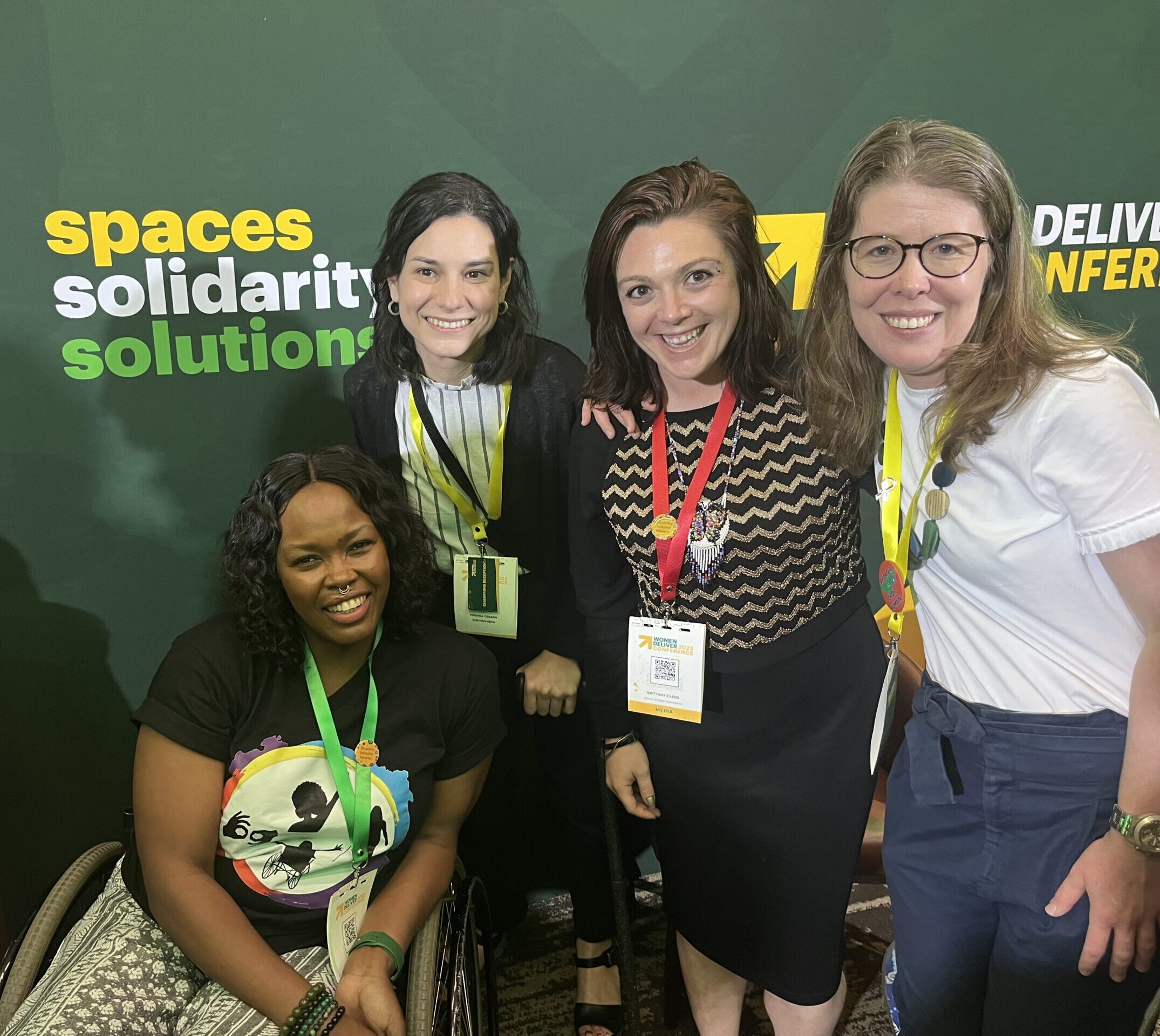 As a strategic partnership through participation on the Women Deliver Advisory Committee, and also as disability and accessibility experts, WEI co-designed and championed the accessibility strategy for the massive gathering. This included ensuring accessibility in all aspects of the event, from plenary and concurrent sessions, to community gatherings and side events.
As a strategic partnership through participation on the Women Deliver Advisory Committee, and also as disability and accessibility experts, WEI co-designed and championed the accessibility strategy for the massive gathering. This included ensuring accessibility in all aspects of the event, from plenary and concurrent sessions, to community gatherings and side events.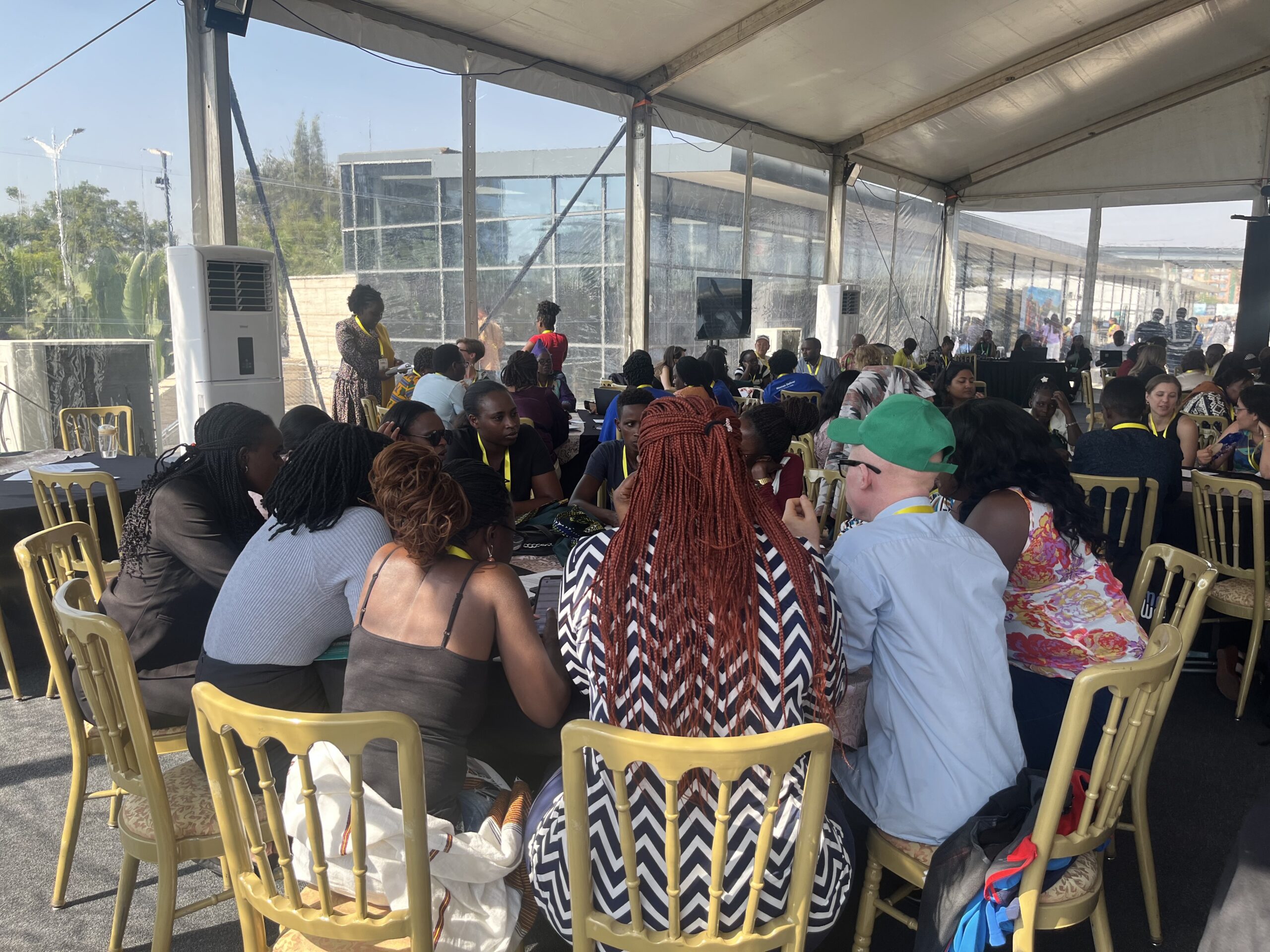 Our Disability Solidarity Space at Women Deliver 2023 was an inspiring and vibrant meeting ground where over 120 #FeministsWithDisabilities came together to share insights and build a community of connection.
Our Disability Solidarity Space at Women Deliver 2023 was an inspiring and vibrant meeting ground where over 120 #FeministsWithDisabilities came together to share insights and build a community of connection.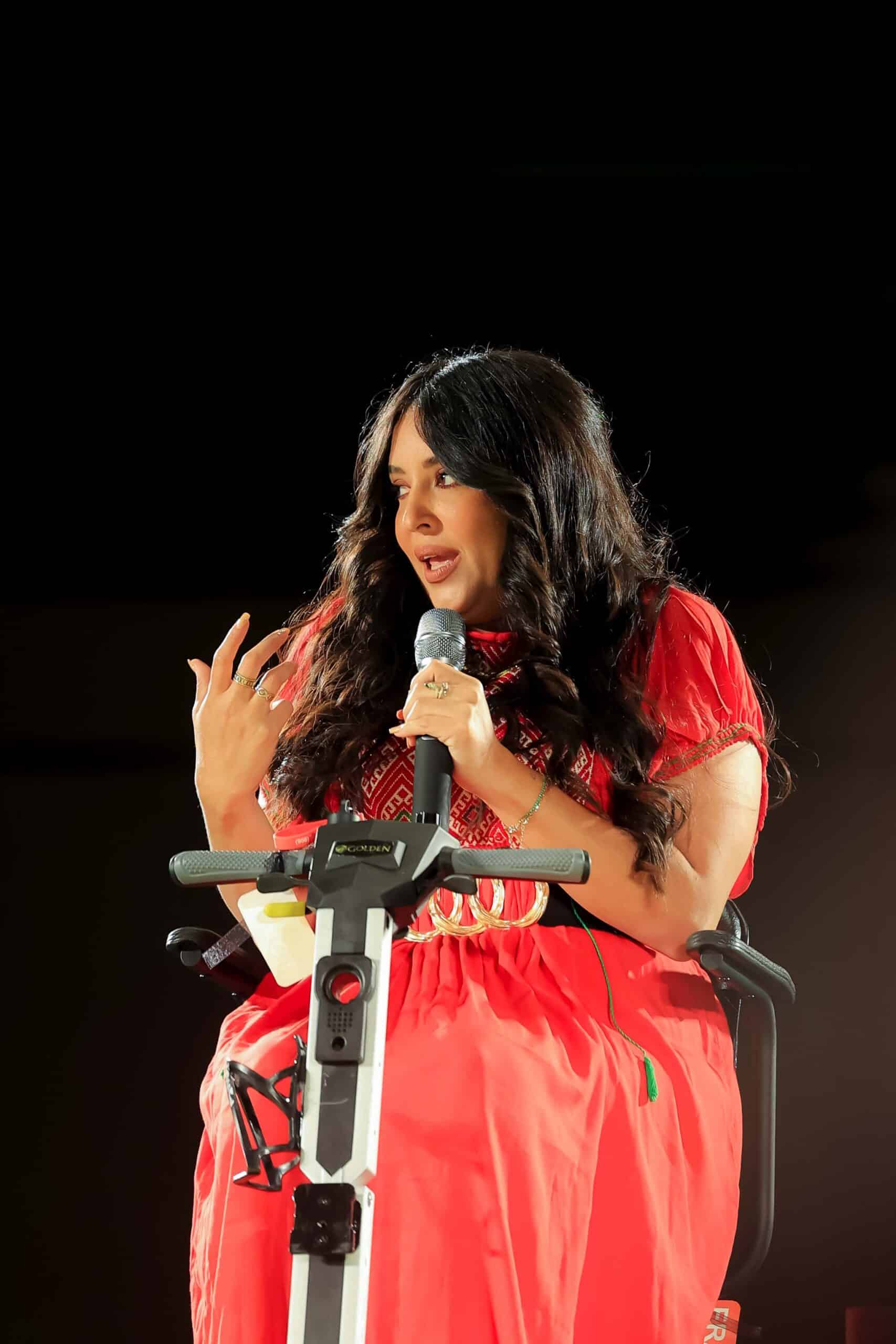
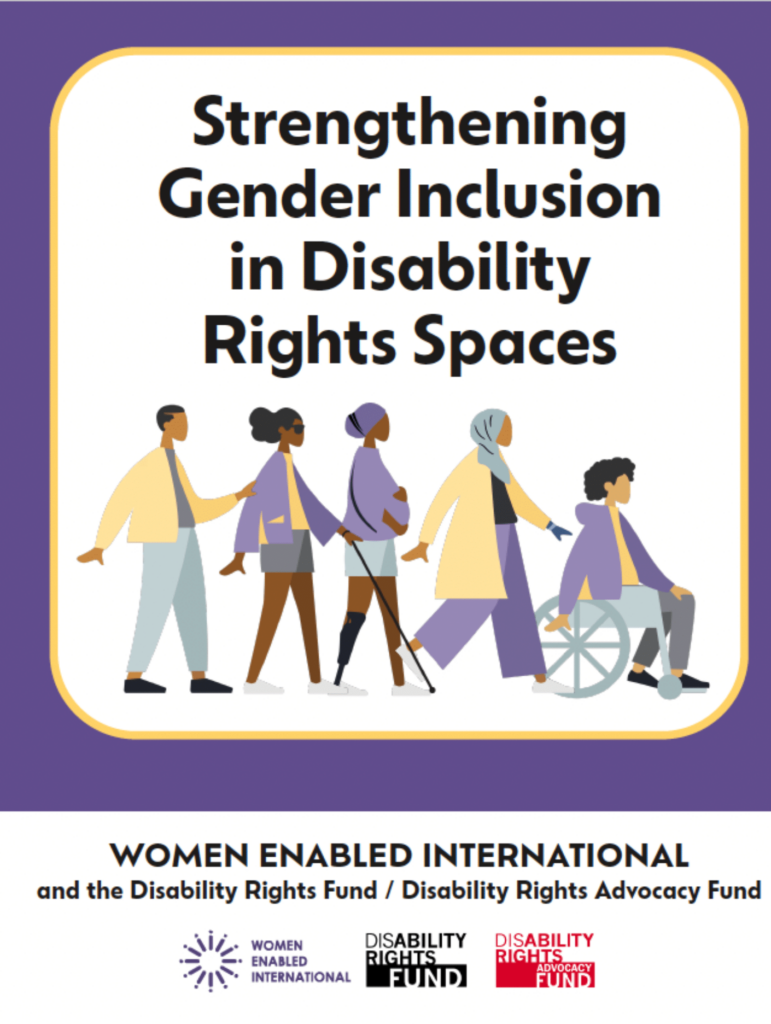
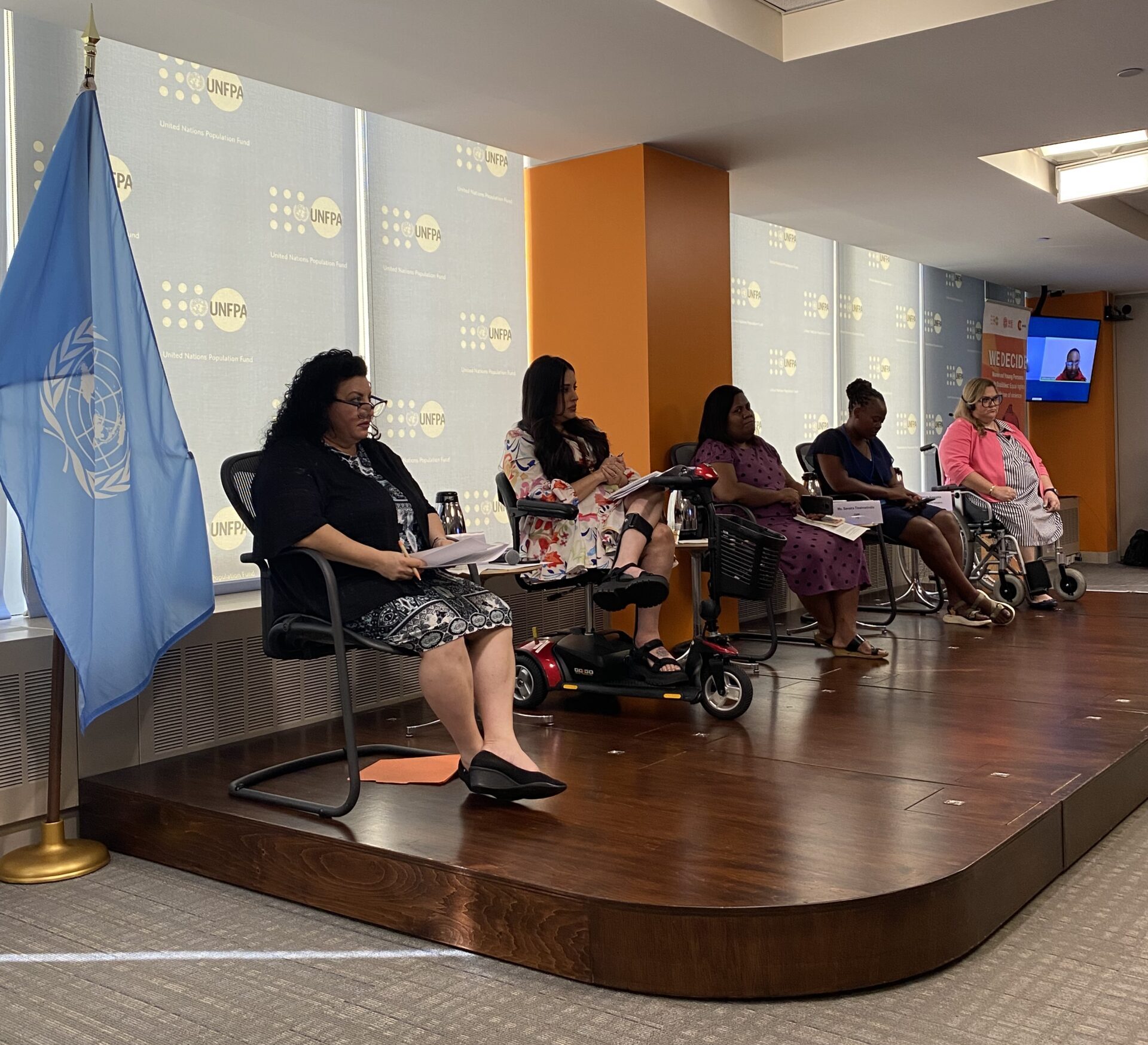 We organized and moderated a panel discussion on innovative interventions to ensure access to sexual and reproductive health (SRH), alongside panelists and co-sponsors from the United Nations Population Fund (UNFPA), the Permanent UN Missions of Finland, Norway, and Morocco, Validity Foundation, and advocates from Botswana, Fiji, and Latin America. They shared compelling results and good practices from interventions such as UNFPA’s global We Decide Programme and other on-going local projects that promote access to SRH and gender-based violence information and services for women, girls, and gender-diverse people with disabilities. They also made the case for more targeted research and data to strengthen access to comprehensive services.
We organized and moderated a panel discussion on innovative interventions to ensure access to sexual and reproductive health (SRH), alongside panelists and co-sponsors from the United Nations Population Fund (UNFPA), the Permanent UN Missions of Finland, Norway, and Morocco, Validity Foundation, and advocates from Botswana, Fiji, and Latin America. They shared compelling results and good practices from interventions such as UNFPA’s global We Decide Programme and other on-going local projects that promote access to SRH and gender-based violence information and services for women, girls, and gender-diverse people with disabilities. They also made the case for more targeted research and data to strengthen access to comprehensive services.